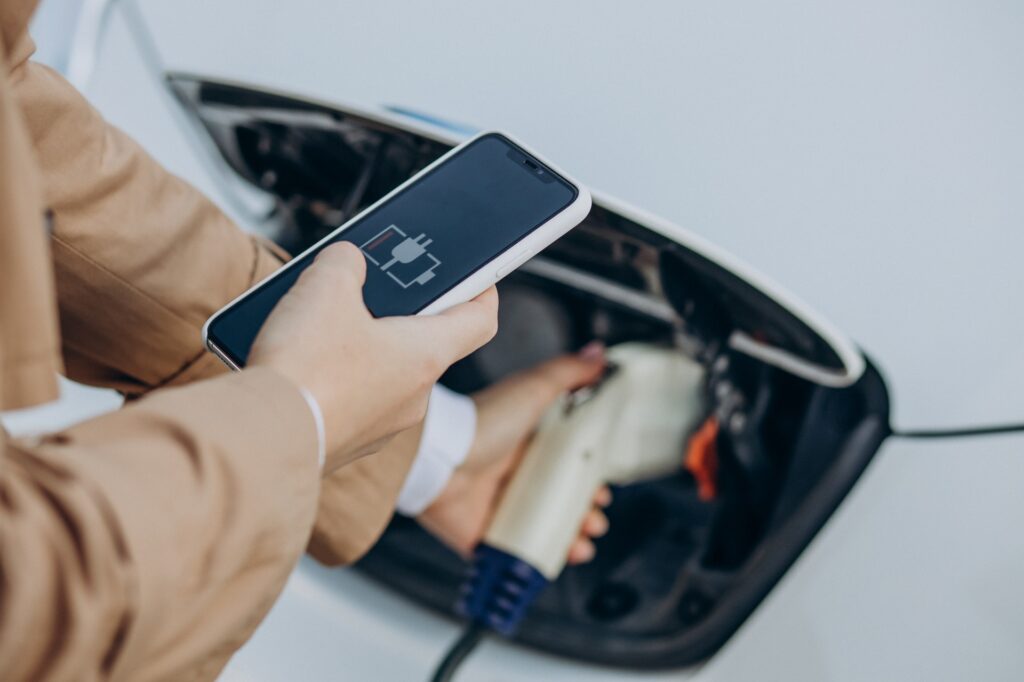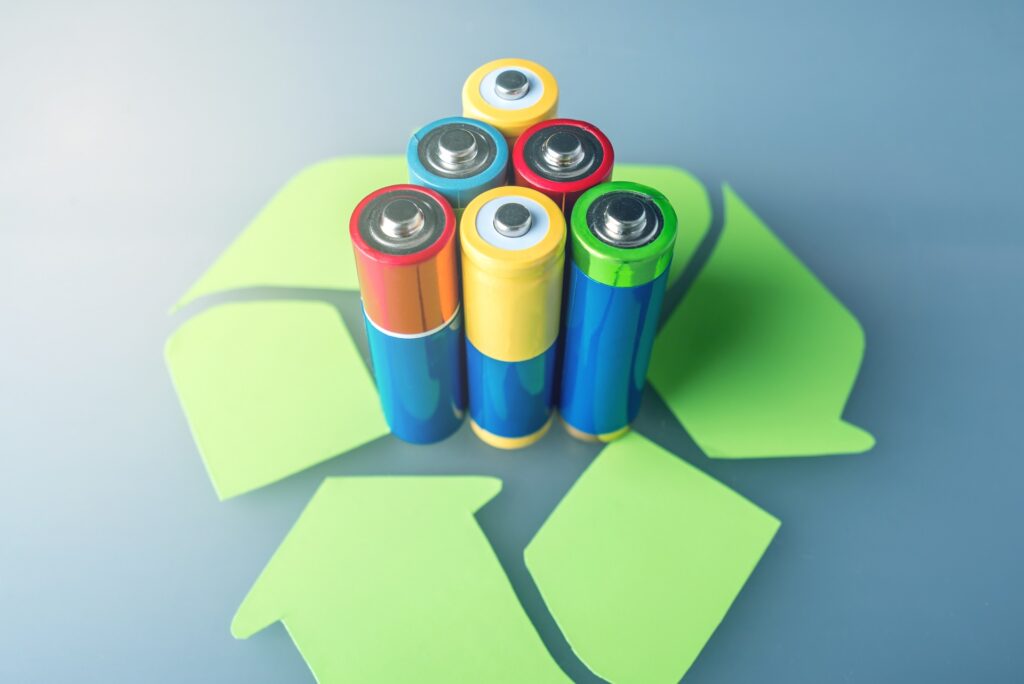“In order to have clean air in cities you have to go electric”
– Elon Musk.
The ongoing climate change and urgent energy crisis with depleting resources has adversely affected the whole world. It’s the pressing need for mankind to switch to efficient and renewable sources of energy curbing the greenhouse gas emission which is of utmost importance at present. There is always an alternative option to every problem and efforts must be made to make people realize that there is an alternative solution to this problem. The electric vehicle (EV) technology powered by Lithium-ion batteries that help preserve the natural fossil fuel reserves is a perfect alternative to which the world should shift as soon as possible.
As there are many aspects to this one technology, the most important thing is before introducing the EVs, India needs a powerful planned strategy and smart infrastructure including Lithium ion battery recycling plants like LICO for the EVs to run smoothly. There are multiple factors which contribute to an EV friendly economy like – monetary incentives, enough awareness among people, consumer initiatives, well skilled professionals, governmental support and mandates for manufacturers. The most important component of this transition is the Lithium-ion batteries for EV. These batteries make upto 40 percent of the cost which makes it a powerful and a successful factor to enter the markets and revolutionize the industry.
To bring in this EV transition, the Indian government is one of the crucial decision-making bodies and it should make sure that there are different aspects that have to be taken care of before letting this technology transform the world.

Investing in charging infrastructure :
The electric vehicles need frequent charging especially for commercial fleets rather than private individuals where vehicles travel far greater distances. Since years where we have been using petrol and diesel as the only fueling options, it’s difficult to switch to EVs without making an accessible network of charging stations for these EVs to smoothly function and avoid further inconveniences. India has a lower affordability index compared to other developed global economies because a low per capita income makes the manufacturers maintain the cost and price for this specific Indian market.
The charging station and options include much infrastructure like : better installation, hassle-free operation and more awareness amongst people about the technology and usage.
Investing in manufacturing cells and lithium-ion batteries :
India needs many policies to encourage the manufacturing of battery cells in the country as the number of cars introduced are directly proportional to the number of batteries that need to be produced and this needs a lot of investment by the government, structured planning, and encouragement to manufacture battery cells in India. As the country lacks energy reserves of its own and relies on expensive Lithium reports that greatly increase the cost of EVs production and procurement. LICO produces lithium-ion batteries abiding by the battery and e-waste management rules that encourage recycling along with a healthy environment.
To introduce the technology and to make it affordable for everyone in the market, India should encourage and bring in the local production of lithium-ion battery packs.
Increased affordability :
This is considered as the central and a very important factor in this EV transformation journey because it’s necessary to penetrate the market with this new set of technology but it’s difficult to reach the masses as electric cars are usually around 2 or 2.5 times costlier than the conventional cars which are being used in India since years. For the same, there should be necessary steps taken by the government to ensure maximum promotion and adoption of EVs by the Indian people.
Battery Optimization :
Before introducing the batteries in the market it is important to look at the optimization of the life of these batteries. Advanced battery intelligence platforms are specifically designed to leverage artificial intelligence, and machine learning digital analytics to assess any battery data. These platforms digitally help derive valuable insights and send over the air updates that significantly improve the battery performance and life while reducing most of the entrepreneurial cost.
Skilled and Trained individuals :
Any technology sector cannot be run on its own. It always needs a manual kickstart to make it work and present itself to the crowd. This EV industry is in dire need of engineers who know how scientific innovation works including the amalgamation of numerous engineering inputs such as mechanical, chemical, electronic, electric, and material sciences. The data available online says that there are only about 1000 engineers as opposed to the current demand which is packed at around 5000 and later can be escalated to 15000 in the next upcoming couple of years. But to find these engineers and manual workforce it is important for the education ministry to include all the EV specific courses at the university level like the US counterparts have introduced about a decade ago.
We at LICO believe that, if these necessary steps are taken to introduce this EV technology in the country and support the manufacturing of Lithium-ion batteries in India it can surely prove to be one of the best tech-driven revolutions for the country, its environment, and its people.


